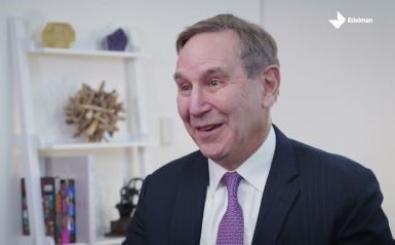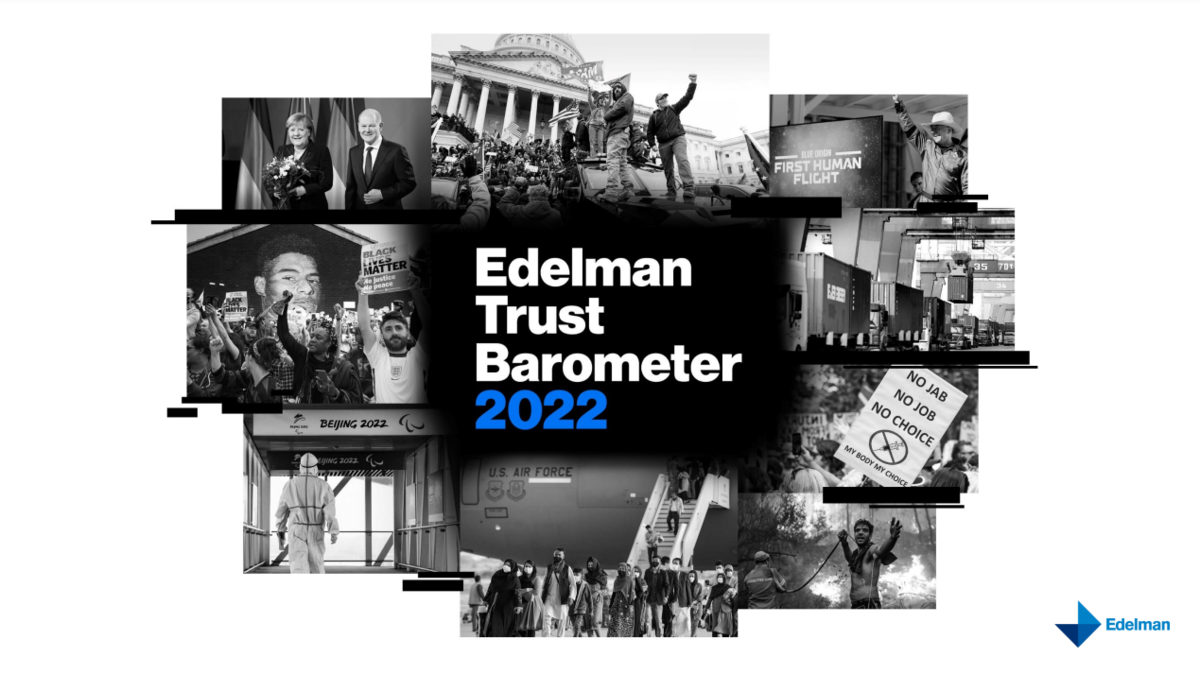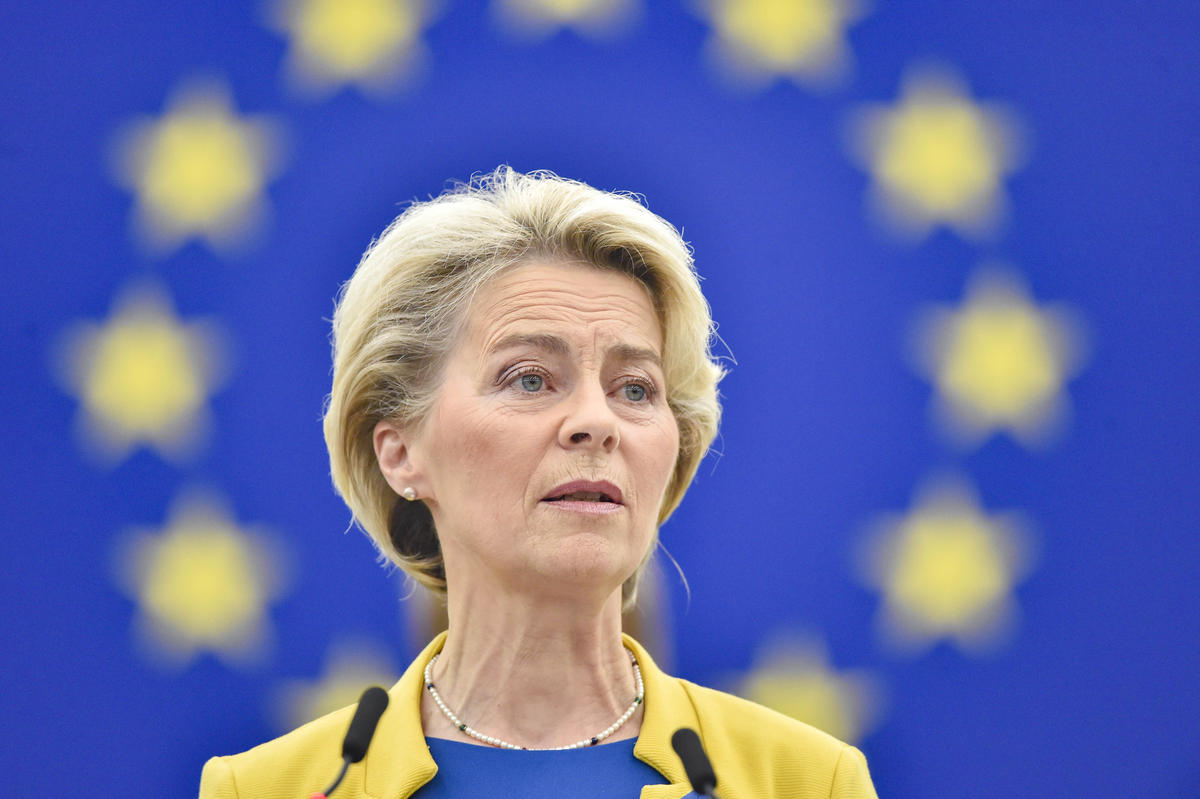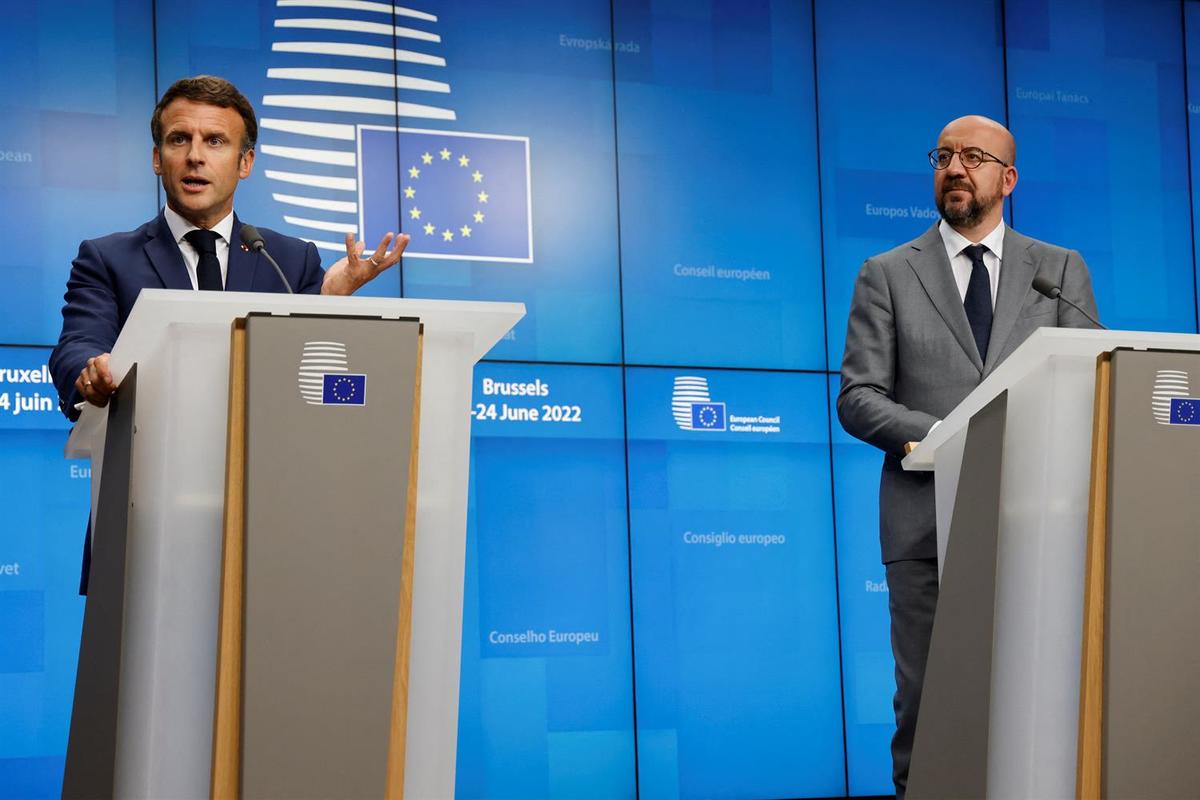The following insight has been prepared by our colleagues at Edelman Global Advisory.
As European gas prices surge across Europe — despite a recent decrease from summer peaks — governments are enacting measures at the national level (and the European Commission seeks to do so at the bloc level) to mitigate the repercussions of the crisis on both individuals and businesses. These encompass everything from cost-of-living subsidies to price control at the wholesale level.
Following Russia’s announcement that gas supplies to Europe would not fully resume until sanctions it imposed on Moscow are lifted, energy prices are expected to remain higher than during the pre-Ukraine war period over the next months and possibly years.
This energy shock is bound to have a devastating impact on Europe’s industrial sector, jeopardising its global competitiveness. While businesses warned damages could rapidly become irreparable, most governments and the European Commission deployed extraordinary measures to reduce power demand, and to the extent, possible shielded them from high energy costs.
Consumer concerns over the affordability of energy needs were addressed by numerous temporary caps on energy prices. They will also benefit from the redistribution of windfall earnings of the energy industry, meant to alleviate the plight of the neediest.
The recently announced temporary energy support packages provided by selected EU countries, Norway, the United Kingdom and Switzerland as well as by the European Commission itself will be implemented over the next few months and years:
COUNTRY BREAKDOWN ON RECENT ENERGY SUPPORT PACKAGES IN EUROPE
Most European countries have taken domestic steps to wean themselves off Russian gas supplies. They have also sought to shield households and industry from rising energy bills (exceptionally allowed under EU rules). The hope across Europe is to avoid supply disruptions and a winter of discontent resulting from the impact of high energy price inflation particularly affecting the most vulnerable.
Gas reserves were forcefully built up across Europe and lower-than-expected demand as a result of milder-than-expected temperatures led to a temporary stabilisation of gas prices (albeit at substantially higher levels than pre-war). Continued adverse circumstances affecting the European energy market remain will make the next few months a test of the resilience and solidarity of the European energy network. Further mid to long-term solutions will have to be designed to both increase Europe's energy independence and further decarbonise its energy mix.
For further information, reach out to Nikolaus Schultze, Dariusz Dybka, and Amedeo Missir di Lusignano.
Photo by Mykola Makhlai on Unsplash






